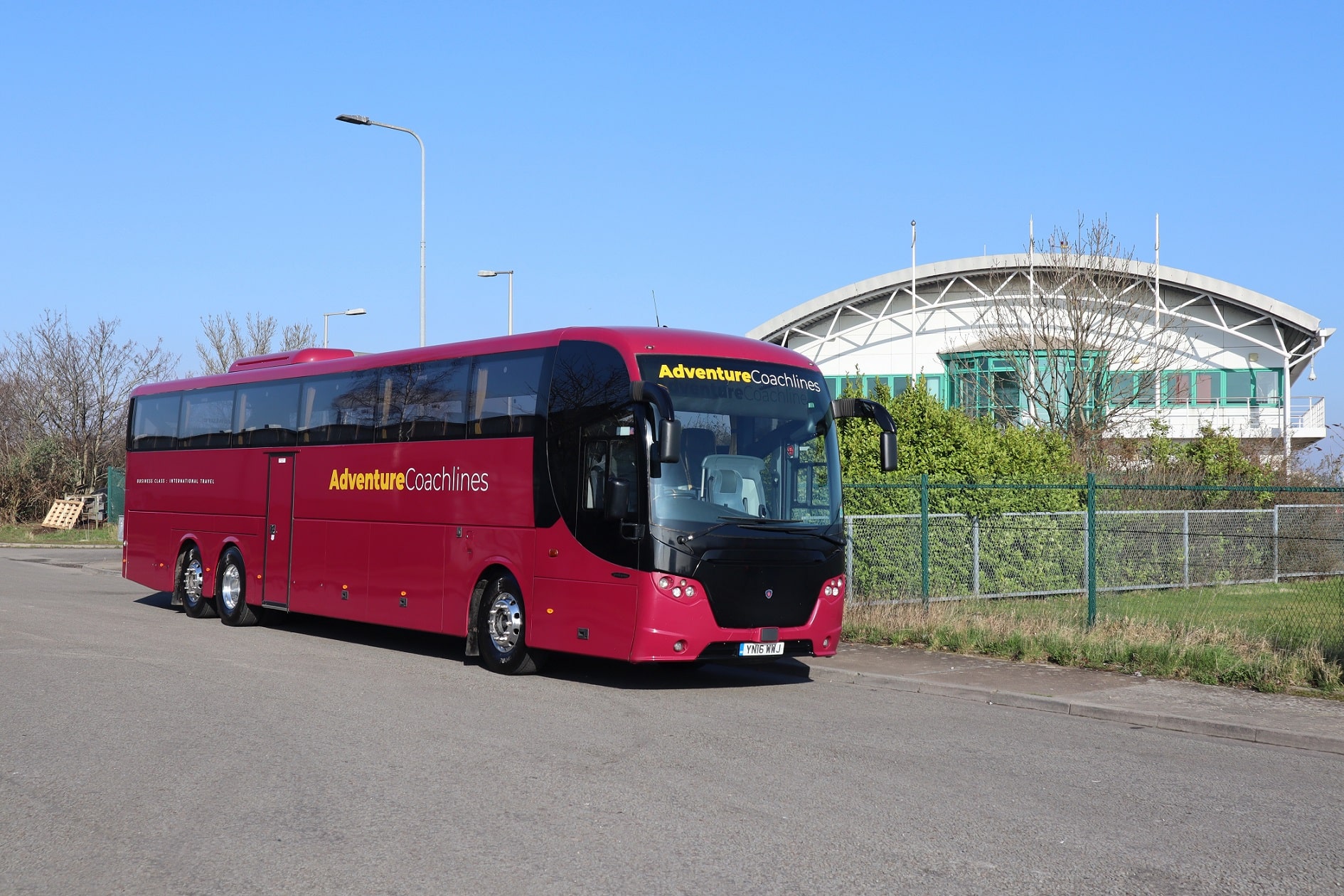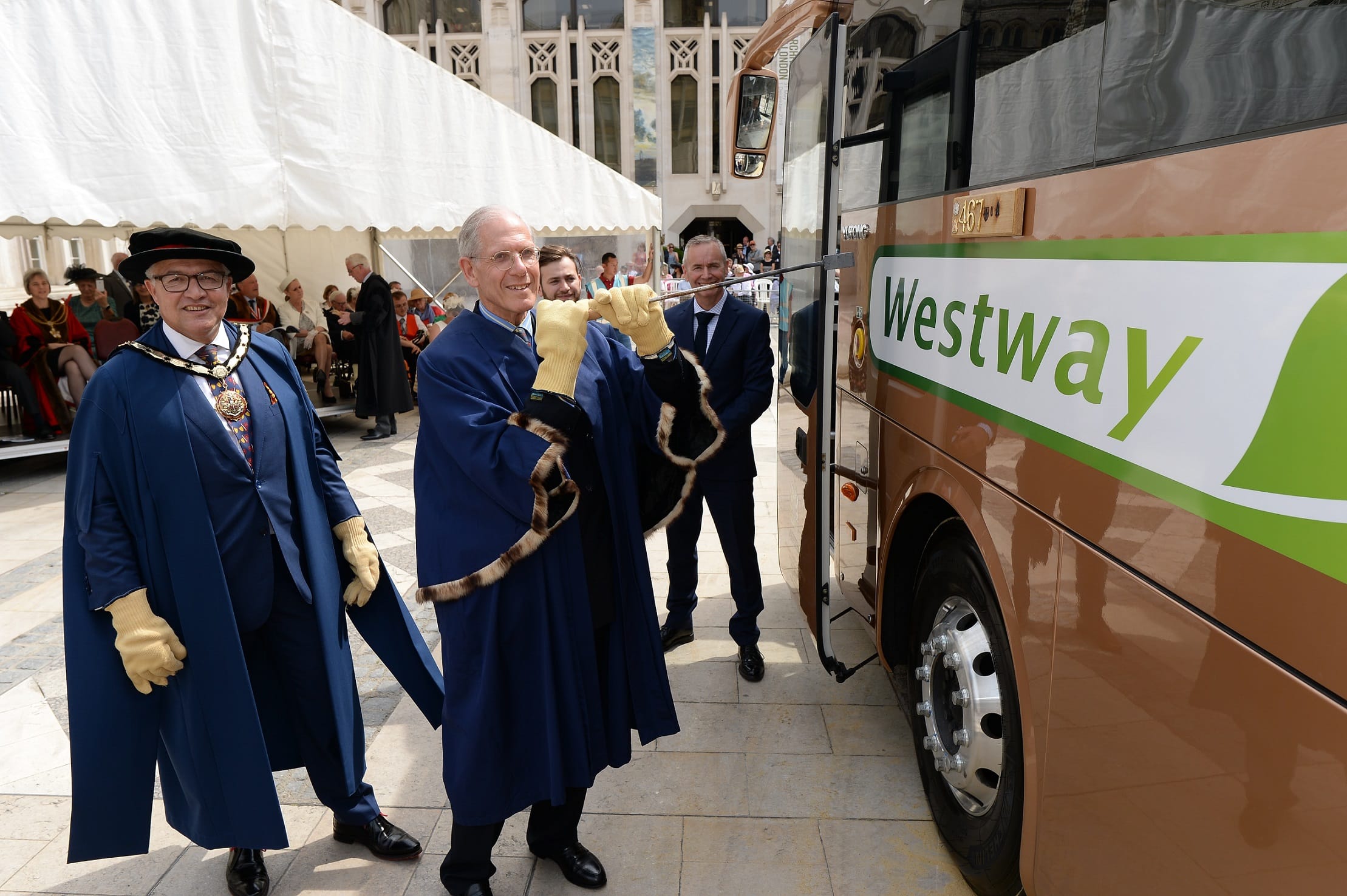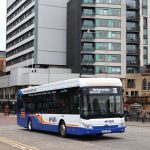I don’t think it comes as a surprise to many that summer 2022 is proving to be very busy for coach operators, but equally, very challenging.
A significant number could have taken bookings for their coaches 10 times over for most dates in July, and probably into August. There is more work arriving on an almost daily basis for tours and holidays that need covering, and the rail replacement lists of available work look fairly bulky too. There are plenty of possibilities this year for providing coaches for sporting events, as well as the usual festivals to cater for, etc.
The weather forecast is good for summer, but also, the nervousness of booking trips last year is far less of an issue, meaning that there seems to be a real surplus of travel requirements this year. Add to that flight woes leading to an increase in UK holidays, and you’ve got a pretty promising summer.
If there ever was a time to reset rates and secure really good returns on the significant investment that our sector requires, this is it. Many operators have already increased their quotations by a huge amount and are seeing very little customer resistance. Some have simply provided a much higher than normal quote, whereas others have added an ‘energy surplus’ to their sums to make it clear to the customer that the cost has gone up for a reason.
Included in that energy surplus should not only be the fuel for the vehicle, but the commercial energy costs of running workshops, control office, sales facilities and so on.
Notwithstanding that, to staff every coach in a fleet, an operator needs a full complement of drivers. Decent, high quality and conscientious drivers want to be recompensed at a decent rate, and rightly so.
Many operators are now factoring in double-digit percentage increases for wages when costing work to ensure that they can secure the right calibre of driver (or in some cases, any driver at all). That should not become a temporary adjustment to the quotation model but should remain in perpetuity to ensure that drivers continue to be attracted to our sector.
This equally applies to the home-to-school market. Some local authorities are already having to seek approval for unbudgeted rises in annual passenger transport spend of up to six figures, because operators are either asking for significant increases in subsidy, or are returning contracts, meaning that new, more expensive bids are submitted by others.
It is increasingly ludicrous for any operator to be running home-to-school transport for anything other than a healthy margin. Historically, some purposefully priced home-to-school services on the keen side, with the intention of then making a good margin on off-peak school private hire.
The COVID-19 pandemic put paid to that business model for around two years. Most people will be incredibly nervous about ever returning to it. Moreover, nobody now should need to: Bid realistically, secure a good price, invest in a decent vehicle, pay the driver a competitive wage and deliver a good service.
Looking around, it is already clear that the number of elderly coaches on home-to-school contracts is reducing, and the number of mid-life, decent vehicles is growing. PSVAR has something to do with that, but it is not exclusively responsible for this increase in quality.
Naturally, there will still be some operators that continue to bid low, spend little and drive prices down. As irritating as it is, most industries have this challenge to contend with and in the end, quality usually wins.

























